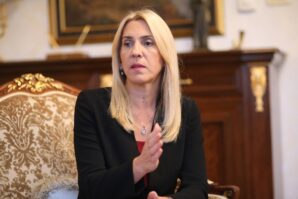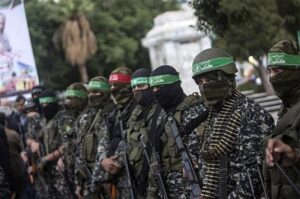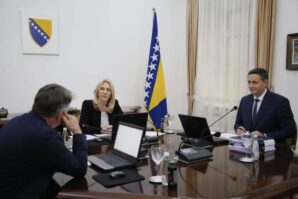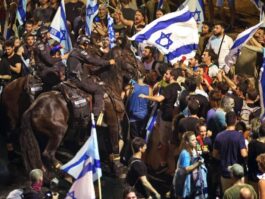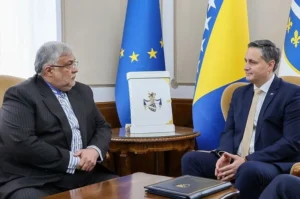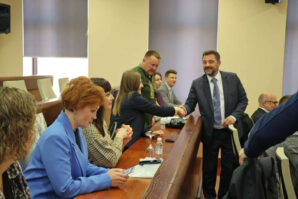
Transparency International in Bosnia and Herzegovina (TI BiH) presented in Sarajevo on Tuesday the results of a two-month monitoring of pre-election activities in 68 local communities in Bosnia and Herzegovina, as well as the mobile application “Reflector” through which citizens will be able to anonymously report cases of vote-buying, pre-election employment, advertising in prohibited places, the provision of public services in exchange for votes and all other forms of misuse of public funds in the election process.
TI BIH observers recorded numerous cases of violations of the Election Law, and 69 reports were sent to the Central Election Commission (CEC). The largest number of reports refers to prohibited advertising outside the election campaign period, but also to other cases of misuse of public resources for election promotion.
According to the reports of TI BIH, the CEC has already punished six political entities, and the outcome of other proceedings is still pending.
Prior to the official start of the election campaign, 78 major party rallies were recorded, which were pre-election in nature. At one of them – in Doboj, by his own admission, the president of the SNSD City Board distributed money to pensioners, students and young married couples, and the case was reported to the CEC.
TI BIH observers covered 572 public events, 127 of which related to the opening of infrastructure facilities, and as many as 65 percent of the events were addressed by candidates in the local elections.
At the opening of 950 meters of road in Banja Luka, an example was recorded where party activists carried posters with messages thanking SPS candidates and the current mayor, and a member of the BiH Presidency spoke on a public speaker about physical clashes with opposition supporters.
In 102 cases, the presence of officials was not within their competence, and pre-election promises were made at 152 events, according to TI BiH.
TI BIH observers recorded another 1,431 examples where public resources were used to electorally promote parties and candidates and gain voter support. A total of 547 cases of intensification of public works in the pre-election period were recorded, as well as 150 examples of the distribution of special incentives and subsidies, which most often refer to one-time payments timed in the pre-election period.




